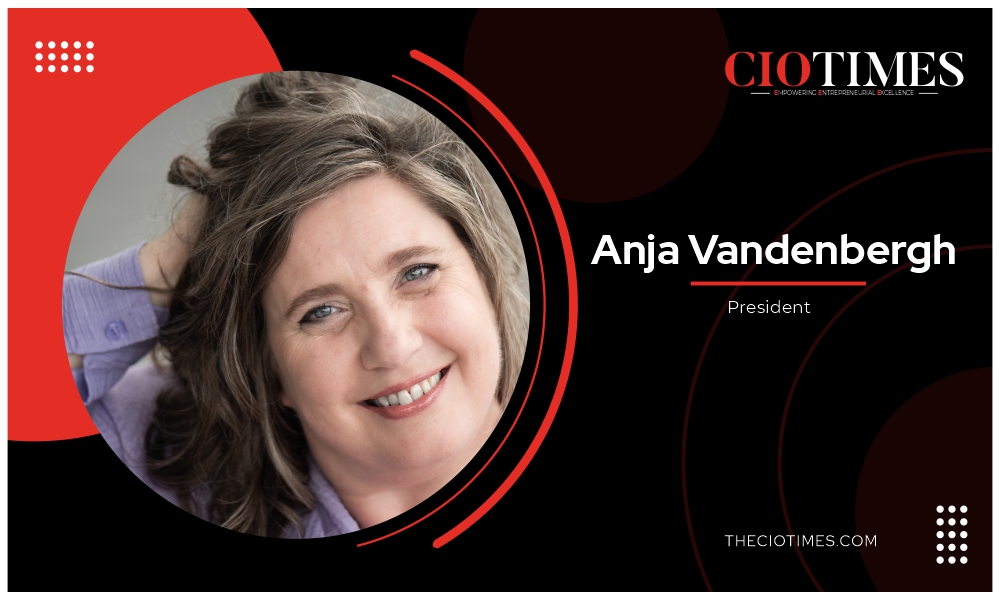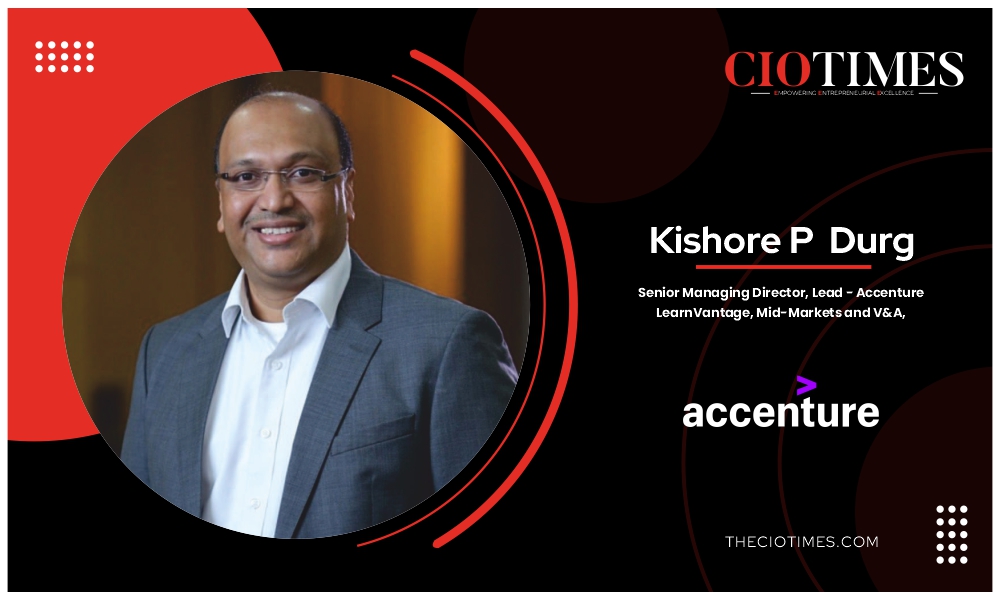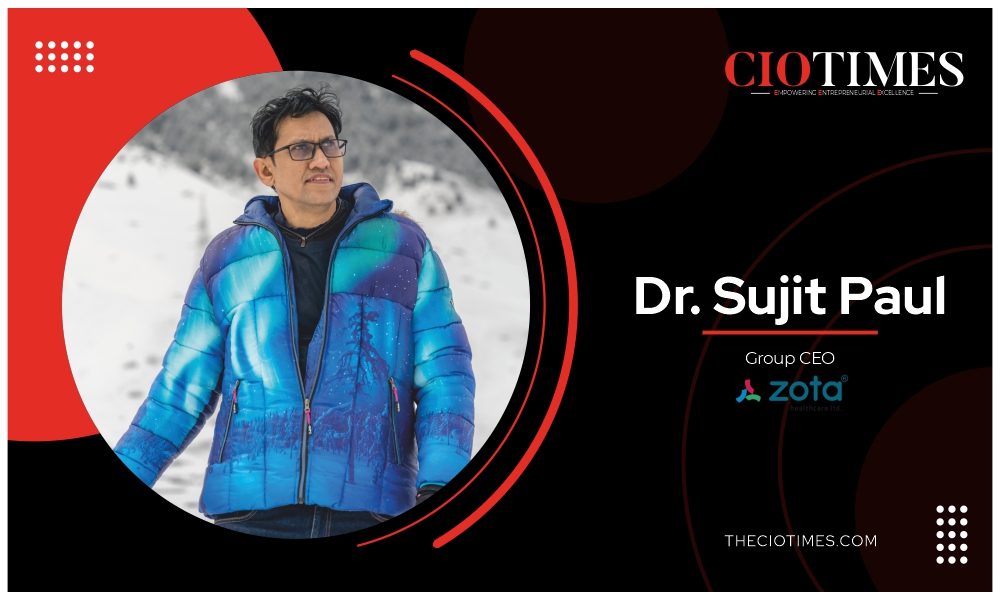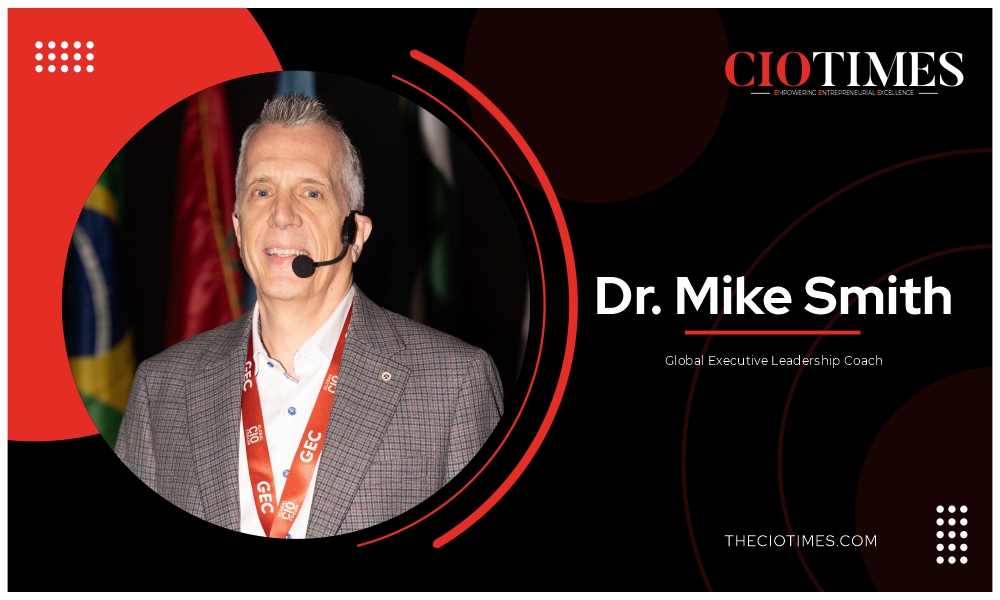Anja Vandenbergh journey is a masterclass in purposeful evolution. Today, as President of the PMI Belgium Chapter, she’s not only shaping the future of project management but also redefining what it means to lead with empathy, agility, and joy.
Her story begins in a small IT firm, where early exposure to business fundamentals sparked a lifelong passion for organizing, empowering, and executing. That passion found its true calling in project management—first through freelance training, then through hands-on leadership in multilingual, cross-sector environments. A pivotal moment came during a surprise anniversary party she orchestrated for her parents, revealing her innate ability to mobilize people around a shared goal. From that spark, a career was born.
Anja Vandenbergh commitment to the craft deepened through her involvement with PMI, where she transformed theory into practice and built a reputation for delivering impact across industries. Her fluency in three languages and her experience in automotive, healthcare, and events have made her a sought-after trainer and consultant. But it’s her volunteer leadership—marked by board roles and cultural collaboration—that truly reflects her belief in project management as a vehicle for connection and transformation.
Whether she’s speaking on the power of laughter in leadership or mentoring the next generation of changemakers, Anja brings a rare blend of strategic insight and human warmth. Her journey is proof that project management isn’t just about timelines and tools—it’s about people, purpose, and the courage to lead from wherever you stand.
Evolution as a Leader
At the beginning of her career, Anja Vandenbergh had to make a strong statement as she was working as a woman in a very male-dominated industry. Although she was very direct, going for action, she still could see and understand that without the team, she could not achieve results. Empowering the team, encouraging them to achieve the results, she was able to create an impact. This direct leadership was not 100% hers. After 2 burnouts, she discovered that she could lead with more empathy, with more softness, and keep her identity. This led to a more grateful leadership.
More Than a Chapter, A Community Anchor
The PMI Belgium chapter was founded in 1998 as a BeNeLux Chapter to encourage young project professionals to become more professional by getting the certification. Today PMI Belgium Chapter has 800 members, and it provides a forum for professional project managers to promote the principles of the Project Management Institute through networking with other project managers, sharing project experiences, providing and receiving training, and supporting project managers in their certification and continuing professional development efforts. The main focus for the PM Community group of Belgium is to learn from each other.
In 2009, Anja stepped back from the board team to concentrate on her kids, but she stayed connected with the chapter as a volunteer in helping with the annual project management congress called PM Fair. After a while, she felt disconnected from the PMI Belgium Chapter, and this feeling was also perceived by other members. When, in 2023, the call for candidates came for the new board 2024-2025, some members asked her, “Why don’t you go for president?’ She gently replied that president is not a lifetime achievement, it is a working function. It is a call for action. After reflection she felt tThat call for action: it was to reconnect members with the chapter, to call it a home where people passionate by project management can rely on when struggling, when they need inspiration.
“That was the moment where I understood that PMI Belgium Chapter, in the first place, is a HOME,” reflects Anja.
Leadership Initiatives & Community Building
When Anja started as President, she had to develop a strategic plan, called a roadmap for the chapter. This roadmap was discussed and reviewed with TR1-level members. She felt that this was not the right way to do it, especially when the board . The board team team was very small. In order to get to know the chapter leaders, she developed a 1:1 meeting to discuss the function, the ideas to become stronger. These small meetings provided Anja with a global view of the chapter.
This year, she created a more dynamic review of the roadmap. From the start, Anja indicated the persons involved in the different topics of the roadmap. They discussed, in small meetings, areas they want to develop further and consolidated this into a strategic roadmap. The strategic planning is reviewed every 2-year6 months in a dedicated Strategic meeting with the board team. Anja created small task forces to empower areas and to connect all chapter leaders.
“As President, I had to write the ‘message from the president’ for the monthly newsletter. This monthly message became my heartfelt moment to talk about the chapter, to connect with the members. I shared in my very early message that the heart of the chapter is the volunteers, the members. Without them, the chapter would not exist,” shares Anja.
Volunteer-Led Transformation
Anja is proud of the new current chapter leaders. Every year, there are elections. In 2024, she had 6 open positions for the board 2025-2026. Anja remembers that some people mentioned ‘you will not find enough volunteers to fill the positions’, ‘It is impossible to find volunteers’. That last sentence triggered her.
During several events, Anja scanned members and talked with them without mentioning the elections. When the call for candidates was announced, she contacted those members and they talked, they shared their vision on the future of the chapter, and Anja shared her vision. They applied for the positions, and when the elections started, PMI Belgium had 14 memberspotential candidates. They were all elected by the members, and Anja’s grateful for them. Together, they shape the chapter into a more open, dynamic community.
Strategic Leadership in the AI Era
Anja concurs that in the age of AI and digital transformation, the role of project management is undergoing a significant evolution. Traditionally, project managers have spent a large portion of their time on administrative tasks such as scheduling, reporting, and tracking resources.
However, with the rise of AI, many of these routine functions are now automated. This shift allows project managers to focus more on strategic leadership, ensuring that projects align closely with broader business objectives and delivering value beyond simple task completion. AI is also changing how decisions are made. Predictive analytics can now identify potential risks, budget overruns, or timeline delays before they occur. As a result, project managers must develop the ability to interpret data-driven insights, making proactive and informed decisions while balancing technological recommendations with human judgment and experience. Moreover, the pace of digital transformation demands more adaptive and flexible project management approaches.
Traditional, rigid plans are often no longer effective in rapidly changing environments. Project managers are expected to embrace continuous planning, real-time adjustments, and agile methodologies to keep projects responsive to evolving needs. As technical tasks become increasingly automated, the importance of human-centered skills grows. Project managers must strengthen their capabilities in communication, emotional intelligence, stakeholder engagement, and conflict resolution. Leading diverse, distributed, and cross-functional teams requires a heightened focus on collaboration and change management. Working alongside AI and digital tools will also become a standard part of the project manager’s role. This requires a solid understanding of AI capabilities, data interpretation, and the integration of digital platforms into everyday project workflows.
Additionally, digital transformation is introducing new types of projects—such as AI implementation, cloud migration, cybersecurity enhancement, and customer experience innovation—which require project managers to broaden their technical and domain knowledge. Finally, as AI systems become part of project ecosystems, project managers will play a crucial role in overseeing ethical considerations, data governance, and regulatory compliance. Ensuring responsible AI use and safeguarding stakeholder trust will become core aspects of project leadership.
“Project management is shifting from a focus on task execution to a role centered on strategic facilitation, digital leadership, and human collaboration. Project managers who embrace this transformation will be well-positioned to lead successful initiatives in the AI-driven future,” sums up Anja.
Guiding the Shift for Professionals
PMI Belgium plays a vital role in supporting professionals as they navigate the complex landscape of regulatory and technological change. Through a combination of education, community engagement, and thought leadership, the chapter helps project managers stay ahead in an increasingly dynamic environment.
One of the core ways PMI Belgium provides support is through regular events and workshops focused on emerging trends. Initiatives like the “PMI Infinity” series offer practical insights into generative AI and its impact on project management, while major conferences such as the BeNeLux Summit tackle broader themes like innovation and digital transformation in the era of AI.
In addition to events, PMI Belgium partners offer extensive training and certification support. Members benefit from discounted access to globally recognized certifications like PMP, CAPM, and PMI-RMP, as well as to key standards such as the PMBOK Guide. Local training courses and study groups provide opportunities for continuous learning, helping project managers sharpen their skills and adapt to changing technological and regulatory landscapes.
The chapter also fosters peer-to-peer learning through specialized user groups and collaborative meetups.By launching Community of Practices for Life Sciences, Women in Project Management, PMO, Constructions and,PMI Belgium creates a platform for members to exchange experiences, share best practices, and develop solutions to real-world challenges. Furthermore, PMI Belgium actively aligns with broader European initiatives such as the EU Pact for Skills, promoting lifelong learning, digital literacy, and upskilling. By participating in these programs, the chapter helps professionals prepare for new legal frameworks and digital transformation efforts across industries. It also provides guidance on how to leverage European funding opportunities for innovation and skills development
A Holistic Model for Project Management
For Anja, the A.R.T. in project management—Awareness, Rules, and Transformation— represents a holistic approach to leading projects in a rapidly changing world. Applying the A.R.T. of project management means leading projects with conscious intent, structured guidance, and a focus on meaningful change.
It starts with Awareness, which is the foundation of effective leadership. This involves staying fully attuned to the project environment—understanding stakeholder expectations, monitoring team dynamics, and keeping an eye on market trends, regulatory changes, and technological shifts. In practice, this means engaging regularly with stakeholders, listening actively to your team, and using project data to anticipate potential risks and opportunities rather than simply reacting when issues arise.
The next element is Rules, which provide the structure necessary for projects to run smoothly. This includes setting clear frameworks at the start of the project, such as defining the chosen methodology—whether Agile, Waterfall, or Hybrid—and clarifying roles, responsibilities, and governance protocols. It also involves establishing team norms around communication, conflict resolution, and decision-making. These rules are not meant to restrict creativity but to create a shared understanding of how the team will collaborate and deliver results. Additionally, respecting regulatory and organizational guidelines ensures that the project remains compliant and ethically sound.
Finally, Transformation represents the ultimate goal of project management: creating lasting change and delivering value beyond mere task completion. Projects are vehicles for innovation and improvement, whether through digital transformation, process optimization, or cultural change. To lead transformation effectively, project managers must keep the focus on outcomes, not just deliverables. This means communicating the “why” behind the project, managing change proactively by addressing resistance and supporting adoption, and measuring the real impact of the project on the organization. Transformation is not just about finishing a project—it’s about ensuring the results drive long-term growth and improvement.
The New Pillars of Project Leadership
Over the next decade, predicts Anja, project leadership will undergo profound changes as new trends reshape how projects are managed and delivered. One of the most significant shifts will be the move from traditional project management to value-driven leadership. Leaders will no longer focus solely on scope, time, and budget but will prioritize delivering outcomes that generate real, measurable business value. This will require project leaders to think strategically, align projects with long-term organizational goals, and measure success based on impact, not just completion.
Another key trend is the integration of artificial intelligence and advanced analytics into project management. AI will assist in forecasting risks, optimizing resources, and automating routine tasks like reporting or scheduling. Project leaders will need to become comfortable working alongside AI tools, using data-driven insights to make faster and smarter decisions while maintaining the human oversight required for ethical and strategic thinking.
She also feels that there will be an increasing emphasis on adaptive leadership and agility. At the same time, human-centered leadership will become more important than ever. As automation takes over technical and administrative tasks, project leaders will need to focus on emotional intelligence, empathy, and building resilient, diverse teams. Soft skills—such as communication, collaboration, and cultural sensitivity—will be essential for motivating people, resolving conflicts, and fostering innovation in globally distributed teams.
Another trend is the rising importance of sustainability and social responsibility in project management. Future leaders will need to consider environmental, social, and governance (ESG) factors in project planning and execution. Projects will increasingly be judged not just on profitability but on their contribution to ethical practices, social impact, and climate responsibility.
Finally, continuous learning and digital fluency will define successful project leaders. The next decade will bring constant technological change, and leaders must commit to lifelong learning, upskilling, and staying adaptable to new tools and methodologies. This includes understanding emerging fields like AI ethics, cybersecurity, data privacy, and digital transformation strategies.
Vision for Purpose-Driven Leadership
Anja envisions a future where technology, innovation, and human-centered leadership will be more deeply intertwined than ever before. The project landscape is shifting from managing isolated initiatives to orchestrating complex, interconnected transformations that shape how organizations and society function. Over the next five years, project professionals will need to act not just as managers but as change leaders, strategists, and facilitators of innovation.
From a personal and professional standpoint, Anja’s goal is to continue evolving alongside this transformation. She wants to focus on strengthening both her technological literacy and leadership capabilities—staying at the forefront of digital tools like AI and data analytics, while also deepening her skills in emotional intelligence, coaching, and stakeholder engagement. Her ambition, concludes Anja, is to contribute to projects that not only deliver business value but also create positive social and environmental impact.
Mantra for a Lighter Life
“After my laughter and breathing journey, I changed a child’s play into a funny play. When you see a yellow car, you would hit another person. Instead of hitting a person, just smile at the first yellow car, see another one, then laugh. And you will feel your mood change instantly. This is my way to deal with stress: Spot a yellow car and laugh. It impacts my life so helpfully that soon I will drive a yellow car to encourage people to laugh on their way to work or home.”




